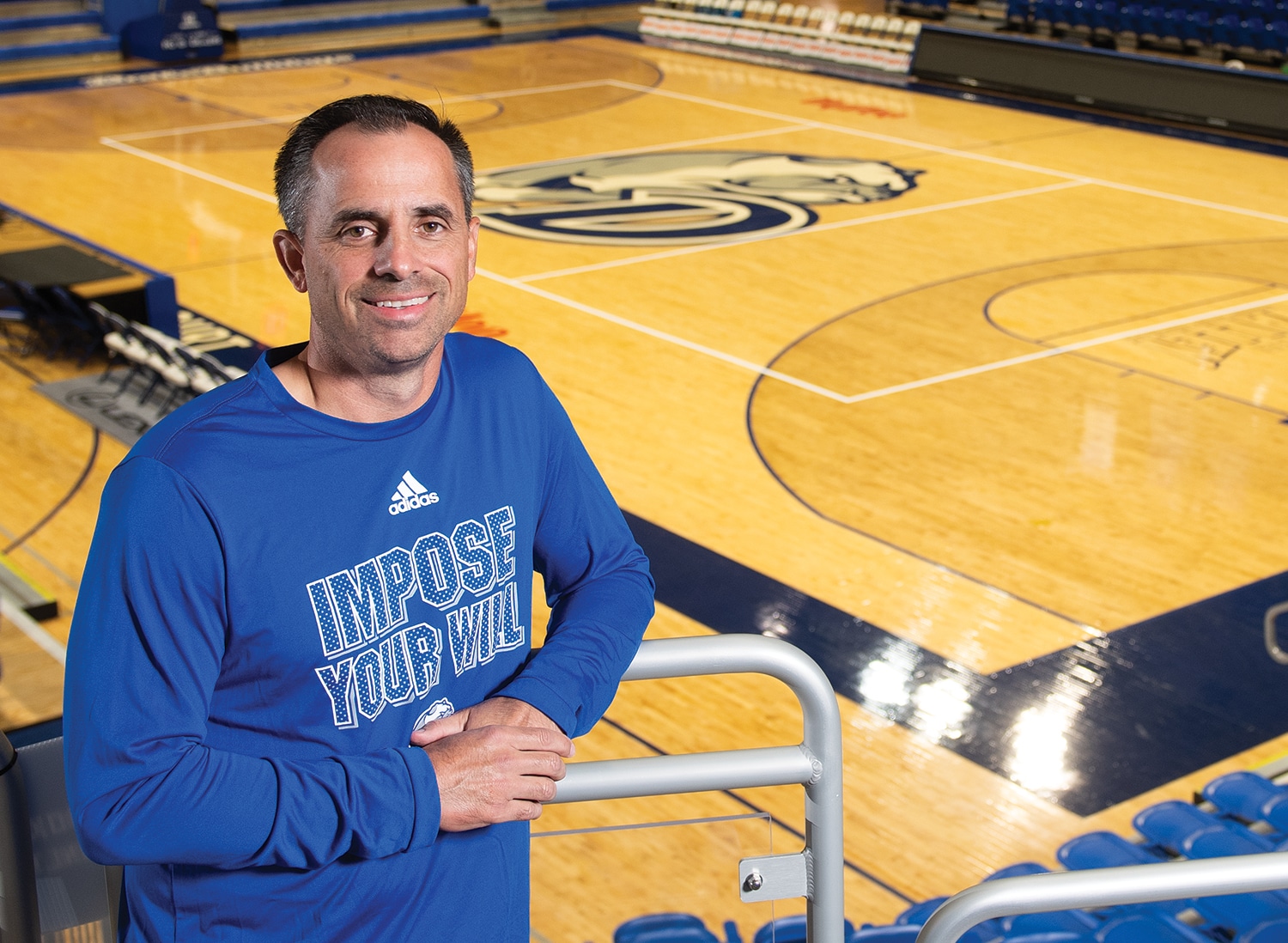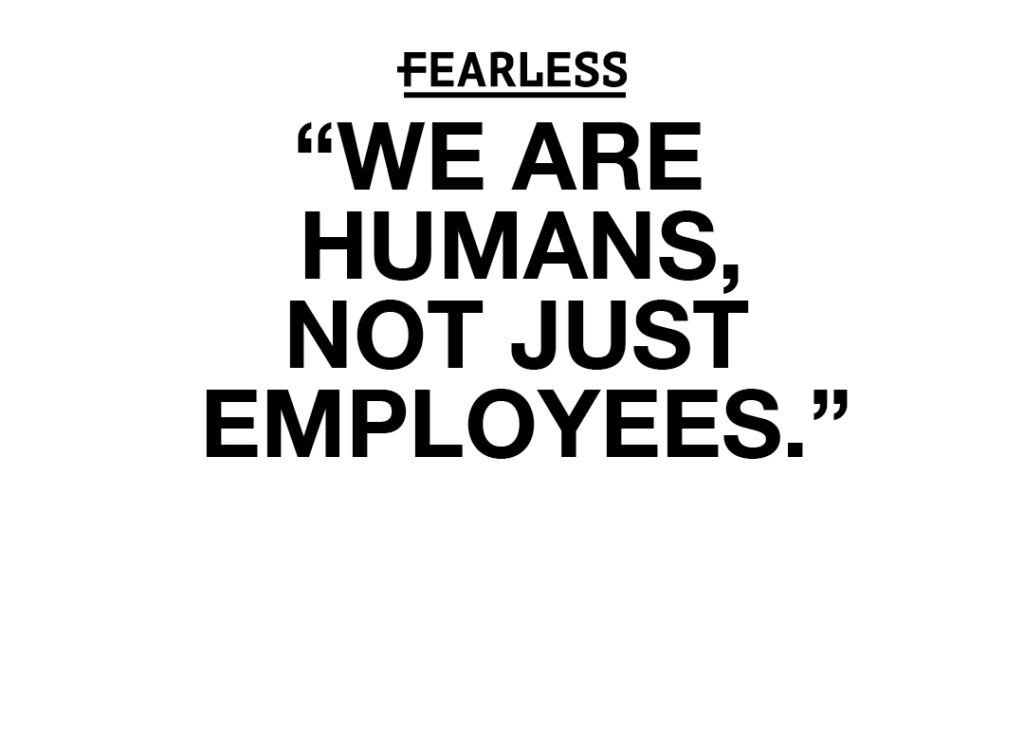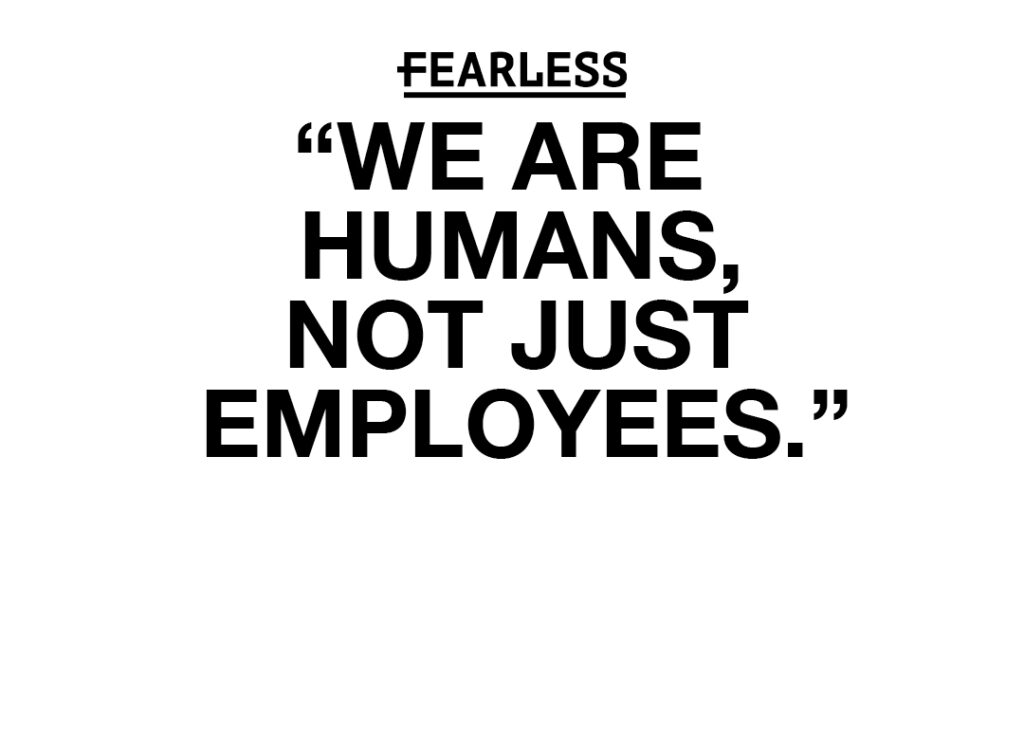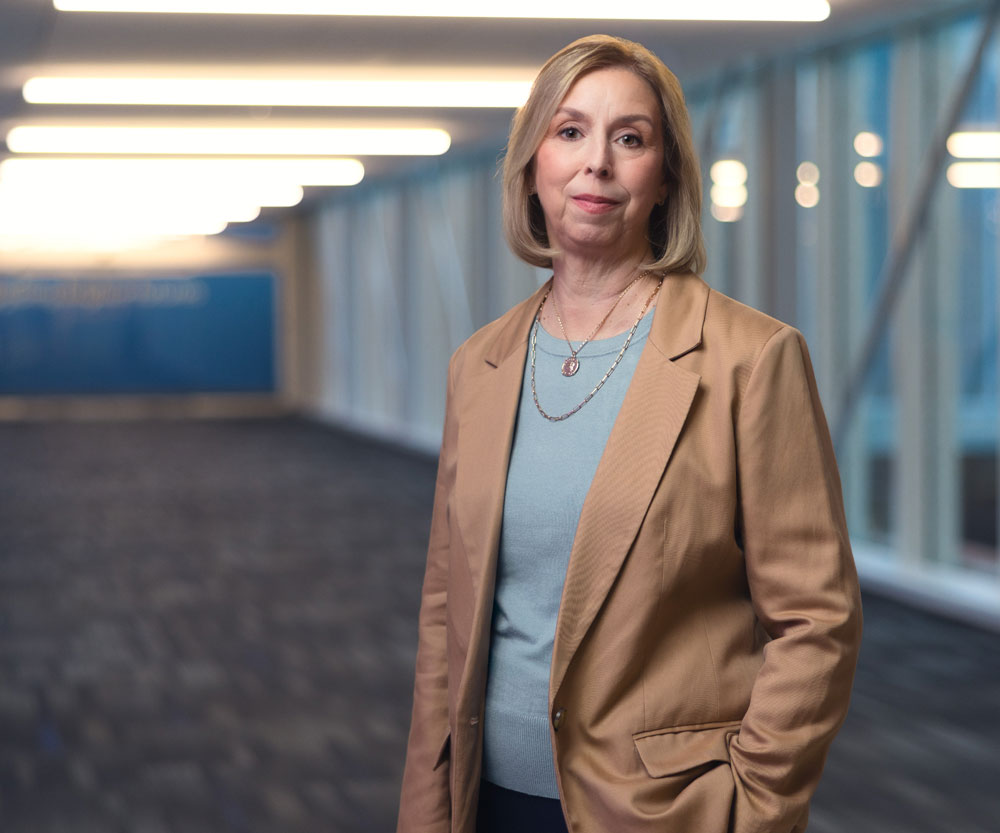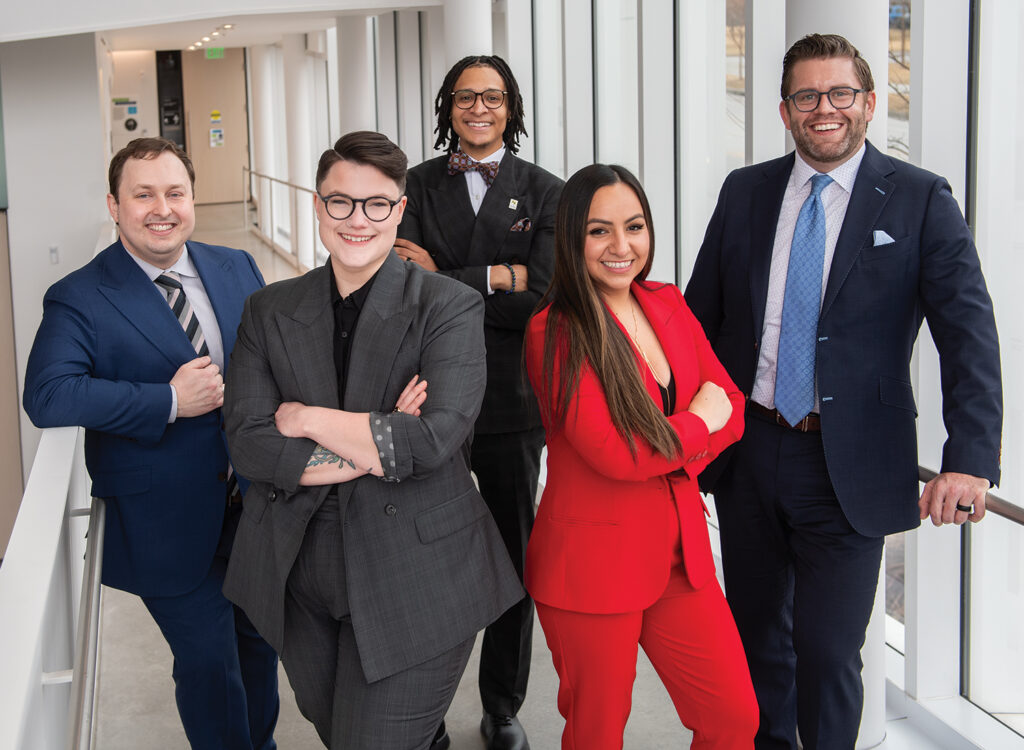Competing for talent in era of NIL
Drake coach Ben McCollum leans on fundraising, culture as name, image and likeness policy reshapes college athletics

Since the NCAA approved a policy in 2021 permitting student-athletes to receive compensation for their name, image and likeness (NIL), non-Power Four programs like Drake University have had to get creative to stay competitive.
Under new men’s basketball head coach Ben McCollum, that meant establishing a strong culture and relying on the DU Great Collective — an independent, nonprofit organization — to raise funds to pay players in the form of NIL agreement payouts.
Before coaching his first game for the Bulldogs, McCollum has seen firsthand the influence that NIL, in addition to the easing of transfer rules, has had on shaping the current college basketball landscape.
“I think the importance of it now is, we have to make sure that we’re keeping up and even getting ahead of everyone else in the profession to attract the talent that we need to attract and character that we need to attract and also keep those people,” McCollum said. “[NIL] has changed it drastically. It’s obviously made the high majors and Power [Fours] considerably better because they just take a lot of the players that you coached.”
Between the time that former Drake coach Darian DeVries departed for the head coaching position at West Virginia on March 24 and McCollum was hired from Northwest Missouri State on April 1, 11 Bulldogs entered the transfer portal.
McCollum arrived at Drake with four Division II national titles but inherited a roster with only two Drake returners from the 2023-24 season.
Adding another wrinkle to the mix, U.S. District Judge Claudia Wilken granted preliminary approval Oct. 7 to a $2.78 billion legal settlement that is expected to transform college sports by allowing schools to pay players, according to the Associated Press.
A final hearing is set for April 7, 2025, and if finalized, the deal would allow Power Four schools — from the Big Ten, Big 12, Atlantic Coast Conference and Southeastern Conference — to create a pool of about $21.5 million in the first year to distribute money to athletes through a revenue-sharing plan.
It would also allow former college athletes from as far back as 2016 to apply for a piece of $2.58 billion set aside to help them recoup money they could have made from NIL deals.
The Business Record recently caught up with McCollum to discuss the changing dynamics in college athletics, the business approach to recruiting and retaining players, and the role collectives have in helping schools like Drake attract talent.
Here are four takeaways from the discussion:
1. 2021 policy leads to more than compensating athletes for their NIL
The original intent of NIL was to essentially compensate athletes for the use of their name, image and likeness.
“I think now it’s kind of trended toward more of a business approach where it’s pay for play a little bit, where you’re trying to attract kids with a certain level of talent and obviously pay them for their talent,” McCollum said.
Men’s basketball players are the highest compensated athletes in the NCAA, on average, with $65,853 in average earnings per player through July 2024, according to the NCAA’s NIL transparency platform, NIL Assist.
Forbes reported in March that Bronny James, the son of LeBron James, topped the list of college basketball players last season who landed massive NIL deals, with nearly $5 million in estimated earnings from endorsements.
NIL funds come from a variety of sources, including brand deals, NIL collectives, donor-backed collectives and events.
2. McCollum focuses on fundraising and identifying the right players to stay competitive
McCollum identified two key strategies in order for Drake to remain competitive: the ability to raise funds for athletes and being able to identify the right athletes to recruit.
“I think, one, you need to know how to evaluate people,” he said. “Two, you need to fundraise, essentially, and make sure that the community understands that NIL is important, and it’s here to stay. And in order to be competitive with this basketball program, it’s something that we need to really invest in and invest in the student-athletes, invest in these kids and hope that we can perform at a high level.”
Kyle Mertz, director of the DU Great Collective, launched the organization in 2023 “to empower Drake student-athletes by offering them financially rewarding, impact-driven NIL deals and professional networking support,” he said in a news release at the time. “We’re also driven by the ability to support local, charitable organizations by facilitating their promotional partnerships with our student-athletes and continuing the tradition of being Des Moines’ hometown team.”
3. Retaining players more challenging under new rules
McCollum said it’s important to provide a culture that is relationship-driven, with hopes that student-athletes will stay for three or four years and earn their degree from Drake.
“I think the retention of players is the big thing,” he said. “I think when kids at our level get pretty good, a lot of times then high majors come calling, and then it becomes difficult to retain somebody because … they’re going to make a couple extra hundred thousand to play college basketball [elsewhere]. Obviously, you can see why they would do that. I think the transfer rules have hurt that too, just the ability to transfer so quickly and multiple times.”
In a Drake press release, Marquette men’s basketball coach Shaka Smart said that McCollum is “a special basketball coach who understands the connection between culture and winning. He possesses a rare combination of tremendous relational skills, extreme work ethic, an innate ability to evaluate and develop talent, and a terrific basketball mind. Drake has hit an absolute home run with this hire.”
4. DU Great Collective is an important piece to the success at Drake
McCollum said the work that the DU Great Collective does to raise funds for student-athletes plays a crucial role in Drake’s ability to be successful.
“We appreciate everybody that’s put that on, and obviously it supports student-athletes, it supports great kids and supports the Drake men’s basketball program,” he said. “We’re fired up because of how good of a job everybody in it does. It certainly supports us and obviously allows us to be competitive in college basketball.”

Kyle Heim
Kyle Heim is a staff writer and copy editor at Business Record. He covers health and wellness, ag and environment and Iowa Stops Hunger.

